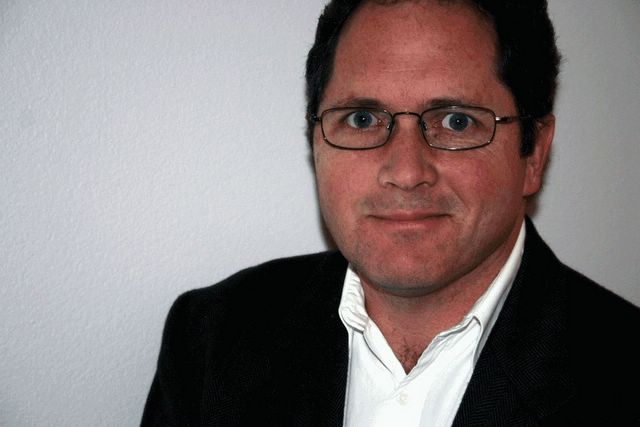I have always had a rather sanguine understanding of medicine, having been sensitized to its practical limitations for most of my life. Having been the son of a general surgeon and the nephew of a pediatrician, I saw many aspects of medicine that have tempered my thinking about treatment alternatives in the medical device industry. For this reason, when I came across the article in the May 29, 2006, issue of BusinessWeek Online, asserting that healthcare professionals really know little about which treatments actually work, I found agreement with the idea, and in some cases strongly so, but in other cases I felt the premise misses a few big boats.
From BusinessWeek: "The problem is that we don't know what we are doing," says Dr. David Eddy (the "mathematician and health-care economist" who coined the term "evidence-based medicine"), arguing that, bluntly, there isn't very much of this in healthcare today. Further, according to BusinessWeek, "even today, with a high-tech health-care system that costs the nation $2 trillion a year, there is little or no evidence that many widely used treatments and procedures actually work better than various cheaper alternatives."
"mathematician and health-care economist" who coined the term "evidence-based medicine"), arguing that, bluntly, there isn't very much of this in healthcare today. Further, according to BusinessWeek, "even today, with a high-tech health-care system that costs the nation $2 trillion a year, there is little or no evidence that many widely used treatments and procedures actually work better than various cheaper alternatives."
The point at which I agree with this is that physicians have always been given wide latitude in determining therapeutic choices, by virtue of their education, their consideration of many different variables affecting patient condition and the suitability of any given treatment. What drives the physician's decision-making is the availability of a reimbursible therapeutic option that specifically addresses the clinical problem to address the medium term need of the patient. By "medium term" I mean the need to solve the problem now, get the patient back on their feet and keep them that way not in any permament sense, but in a medium term sense. Does any cardiothoracic surgery think CABG is a permenent solution? Perhaps long term, but not permanent. Does any interventional cardiologist believe even a drug-eluting coronary stent is a permanent solution? Perhaps more likely to be permanent than bare stents or angioplasty alone, but certainly not permanent. So, doctors are applying the available therapeutic option for the longest solution that is viable. There are many stakeholders interested in the more expensive option -- medical product manufacturers, physicians, even patients (who want the high-tech quick-fix). There are not many stakeholders advocating for cheaper options -- perhaps HMO's --- but who is listening to them?
However, medical devices and drugs are already aggressively evaluated for their efficacy against controls, so the premise of this article, however well-founded, overstates the case when it comes to the use of medical products. The upshot of this article otherwise is to suggest that the upward spiraling U.S. healthcare costs are attributable to expensive treatments alone, when indeed the focus should be on clinical decisions themselves. Physicians are the ones who have been given the latitude to apply them or not, and until they have a different incentive system or until the evidence is much stronger for alternative treatments, absolutely nothing will change.
Tags: healthcare, health-care, treatment, evidence-based medicine, medtech, medical device

No comments:
Post a Comment